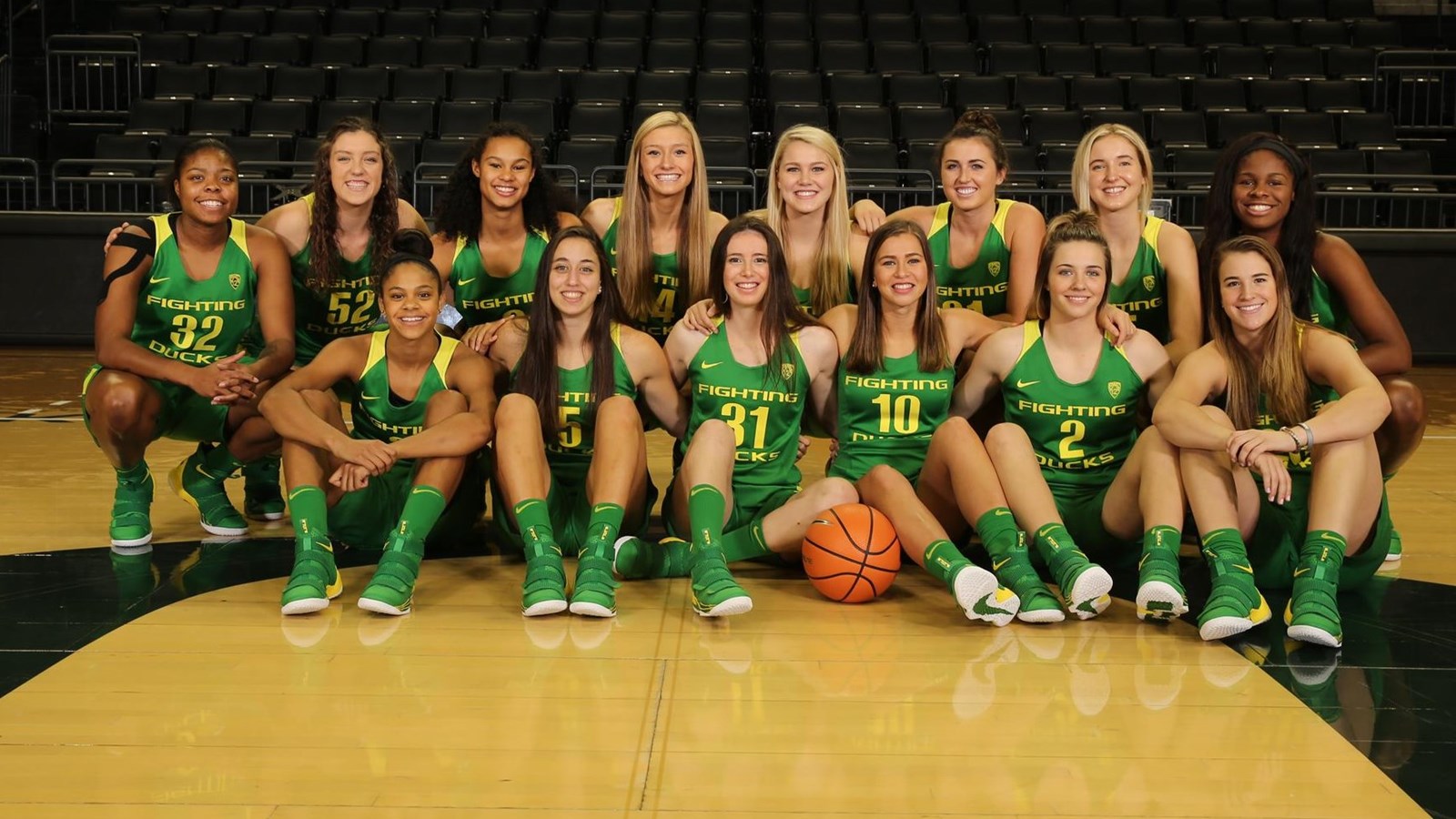
For many, Title IX might not seem like a big deal. However, since the law became official on June 23, 1972, it’s created a pathway for women all over. What is Title IX? According to U.S. Department of Education, Title IX was designed to ban sex discrimination in all federally funded education programs throughout the country. In other words, any education program receiving federal funding could, under no circumstance, exclude the participation from students based on gender.
The law, however, not only applies to primary and secondary schools, it also applies to post-secondary institutions like Oregon State, the University of Washington, and many other colleges. Although there are a number of people who believe that the law has limited the equal access to sports between men and women, the law, has, in fact, made a positive impact on our education – one that reaches far and wide. It’s been 46 years since Title IX was passed and brought gender equality to the sports industry, so how have things changed for women throughout the years?
Equal Access to Higher Education: Believe it or not, until the 1970s, some colleges and universities refused to accept women into their institutions. Why? The answer’s simple: Education officials at the time didn’t believe women shouldn’t be educated. To make matters worse, there was nothing in place at the time to support women legally. Thanks to Title IX, however, there are more women enrolled in universities than men, and there are more women venturing off into careers like basketball, soccer, and tennis that were once dominated by men as well.
Increased Self-Confidence: When athletes participate in school sports, they not only gain a sense of belonging, but they also gain a sense of appreciation knowing they’re a part of the team. When it comes to female athletes, however, this is especially important. Why? Well, because women who participate in sporting events do better in school and learn the importance of goal setting according to the Women’s Sports Foundation. That’s because when women play team sports, they understand that the success of the team doesn’t just rely on them, it relies on everyone – including the coach. Therefore, putting their team in jeopardy could reduce their chances of winning of games, and no one wants to be the player that prevents their team from making the championship, right?
Additionally, women who play sports also have more positive views about things than those who don’t. How? Because sports have the ability to show athletes, their true potential – whether they run fast, jump high, or make countless three-point shots. Having this understanding not only helps female athletes stay out of trouble, it also boosts their self-esteem and teaches them how to deal with conflict.
Scholarships for Women: Before Title IX was established, only 1 in 27 girls showed interest in playing varsity sports; 46 years later that number has changed to 1 in 2.5. This means that there’s a grand total of 3.2 million girls playing high school sports with the hopes of one day earning a scholarship to their dream school according to Ohio University. The number of college athletes has also increased from 32,000 women competing at intercollegiate levels to 150,000 women. Before laws were passed banning sex discrimination, scholarships for women were essentially unheard of. Today, however, women can actually compete for scholarships at the college level with the hopes of one day going professional.
But what happens if schools are accused violating Title IX?
They go under investigation. This means that if you’re accused of violating Title IX today, you still have to deal with today’s standards – not the ones listed 46 years ago. Penalties for non-compliance may also result in loss of federal funding. Although some universities have been found breaking the law, none has actually lost their federal funding. They have, however, had to pay a substantial amount of attorney, court, and violation fees.
In the end, despite Title IX makes it illegal to discriminate against participants based on gender; the reality is the law demands gender equality in all areas of education. This includes education, admission, academics and of course, sports. Although it cannot 100% stop it, the law is also in place to protect students from sexual harassment and sexual violence. Students are advised they can find a sexual harassment lawyer here should they need one.

